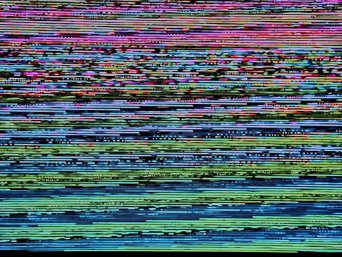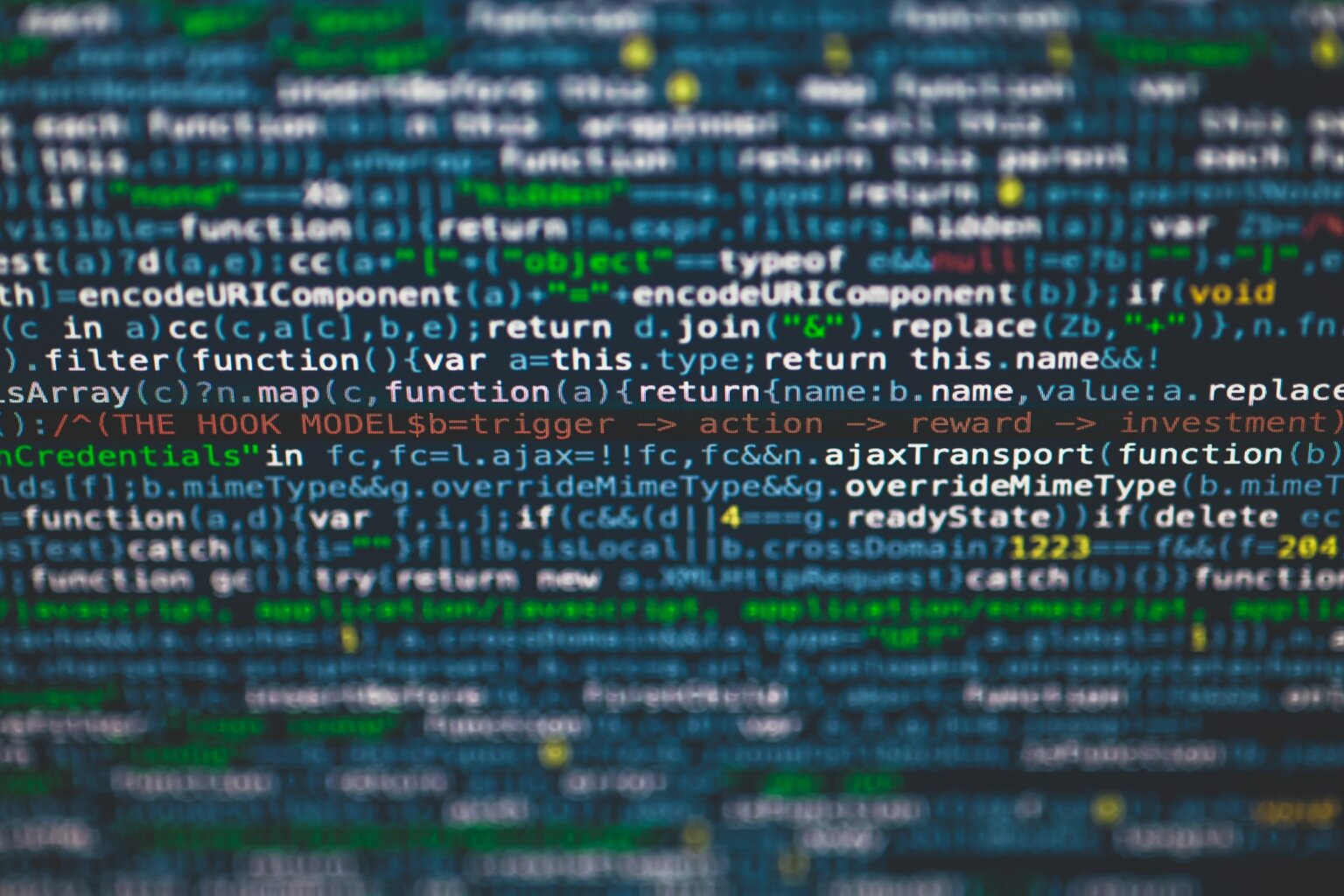- About
- Topics
- Story
- In-Depth
- Picks
- Opinion
- News
- Donate
- Signup for our newsletterOur Editors' Best Picks.Send
Read, Debate: Engage.
| topic: | Freedom of Expression |
|---|---|
| located: | Pakistan |
| editor: | Kaswar Klasra |
The people of Pakistan breathed a sigh of relief after access to Wikipedia, the prestigious online encyclopaedia, was restored two days after it was banned by the country’s authorities on 1 February for hosting allegedly-blasphemous content.
The country’s authorities had written to Wikipedia's management requesting that it remove certain content that did not align with the government’s opinions. Receiving no reply, the Pakistan Electronic Media Regulatory Authority restricted access to Wikipedia.
The ban on the website led to widespread condemnation and outrage from citizens, which ultimately prompted authorities to look for a permanent solution in order to censor blasphemous online content.
“The restriction of access to a valuable source of information like Wikipedia is a concerning development and goes against the principles of a free and open internet,” Muhammad Junaid, a human rights activist questioned. “The role of the government should be to ensure unrestricted access to information, not limit it.”
Displeased by the ban on its website in Pakistan, the Wikimedia Foundation said the ban “denies the fifth most populous nation in the world access to the largest free knowledge repository,” warning that “If it continues, it will also deprive everyone access to Pakistan’s knowledge, history, and culture.”
Official documents revealed that the matter of blocking the viewership of Wikipedia by the Pakistan Telecommunication Authority (PTA) was placed before Prime Minister Sharif. In response, Sharif created a Ministerial Committee for a preliminary examination of the matter, which included several government ministers, including those of Law and Justice and Economic Affairs.
Following the investigation of the committee, Prime Minister Sharif, ordered the authorities to restore access to all Wikipedia pages.
“The above Committee held its meeting and was of the considered opinion that Wikipedia was a useful site/ portal which supported dissemination of knowledge and information for the general public, students and the academia. Blocking the site in its entirety was not a suitable measure to restrict access to some objectionable contents / sacrilegious matter on it. The unintended consequences of this blanket ban, therefore, outweigh its benefits.”
This is not an isolated case of censorship; in fact, Pakistan has a large history of blocking access to major websites, online games and social media applications. For example, in the past, government authorities blocked access to YouTube, the worlds largest video-sharing platform, for three years, between 2012 and 2016, due to content that was considered “blasphemous” and against the government’s narrative.
Many in Pakistan believe the committee formed by the Prime Minister of Pakistan will play a significant role in blocking blasphemous content without banning the websites in Future.
Nevertheless, this type of censorship is an assault on the human rights of access to information and freedom of expression, which should not be dependent on government opinions or propaganda. Citizens have the right to access information of all kinds, and social organisations must work to ensure that this access is not compromised.
Image by Michael Dziedzic

